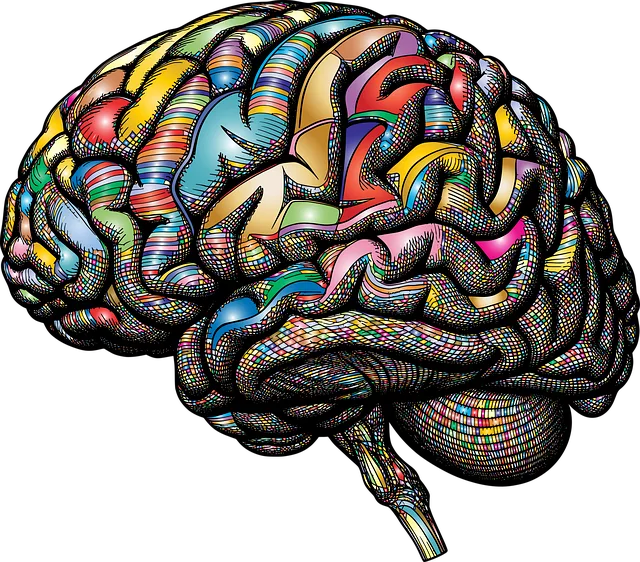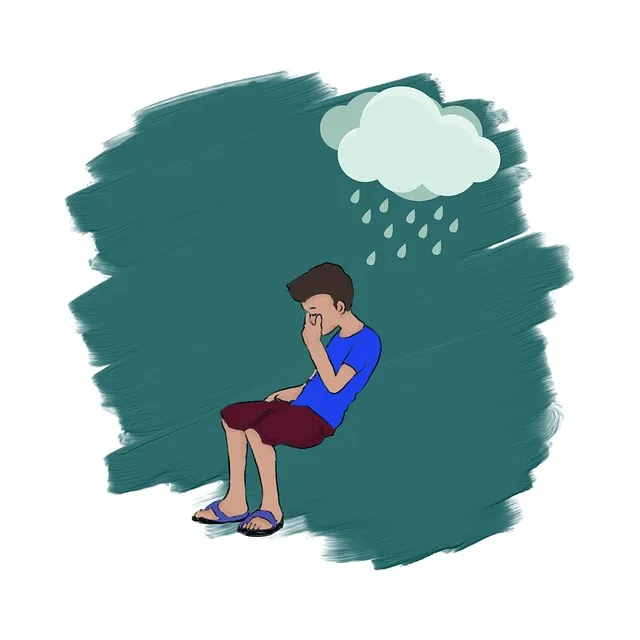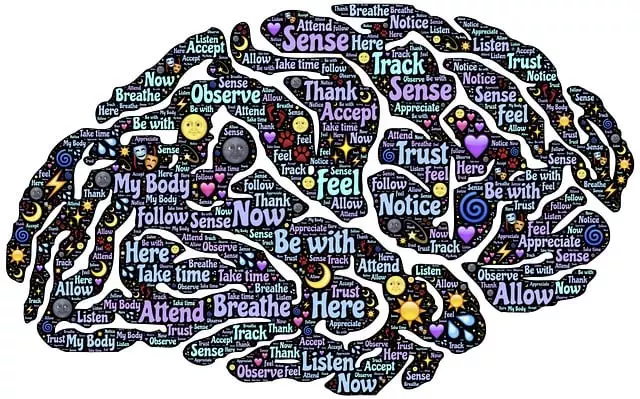In moments of crisis or distress, Kaiser Wheat Ridge offers comprehensive mental health services focusing on immediate support and long-term recovery. Their crisis intervention techniques include open communication, safe expression spaces, and self-care practices. Assessment and evaluation, using methods like active listening and standardized tools, help tailor programs like Mindfulness Meditation and Social Skills Training. Short-term relief options include community outreach, hotlines, and digital resources. Beyond immediate support, Kaiser Wheat Ridge guides clients towards sustainable support systems and self-care routines for emotional well-being maintenance. To access these services, one can seek mental health support through Kaiser Wheat Ridge.
In moments of crisis, effective intervention can make all the difference. This article guides you through essential strategies for navigating psychiatric emergencies, offering a comprehensive overview tailored to both professionals and concerned individuals. We explore key concepts, including understanding crisis intervention’s foundational role in mental health support.
Highlighting Kaiser Wheat Ridge as a model provider, we explain how to access its robust mental health services. From initial assessment to long-term recovery planning, discover practical steps for offering immediate relief and fostering resilient coping strategies.
- Understanding Crisis Intervention: A Fundamental Overview
- Kaiser Wheat Ridge: Unlocking Mental Health Services
- Assessment and Evaluation: The First Steps in Crisis Intervention
- Short-Term Strategies for Immediate Relief
- Long-Term Support and Recovery Planning
Understanding Crisis Intervention: A Fundamental Overview

In times of distress, effective crisis intervention plays a pivotal role in supporting individuals and communities. It involves a systematic approach to help people navigate and overcome immediate challenges, focusing on their emotional and psychological well-being. The primary goal is to provide swift and suitable assistance, ensuring that those in crisis feel heard, understood, and guided towards recovery.
Crisis intervention strategies often involve a range of techniques tailored to the specific needs of individuals. This can include facilitating open communication, offering safe spaces for expression, and teaching self-care practices like mindfulness or stress management. For instance, those seeking Anxiety Relief might benefit from Kaiser Wheat Ridge’s mental health services, which are designed to offer comprehensive Crisis Intervention Guidance. These services aim to empower individuals with tools to manage their mental health effectively, fostering resilience in the face of adversity.
Kaiser Wheat Ridge: Unlocking Mental Health Services

Kaiser Wheat Ridge stands as a beacon for unlocking mental health services, providing individuals with a supportive environment to navigate turbulent times. This healthcare facility recognizes that crisis intervention is a delicate process, requiring specialized strategies to address diverse psychological needs effectively. Their approach integrates various techniques, such as conflict resolution methods, to foster healthier relationships and anxiety relief mechanisms, ensuring patients find respite from distressing emotions.
Through tailored programs, Kaiser Wheat Ridge focuses on promoting emotional well-being by offering guidance on coping with stress, anger management, and mindfulness practices. These evidence-based interventions are designed to empower individuals, enabling them to develop resilience and improve their overall mental health outlook. By combining professional care with a holistic perspective, the facility ensures that patients receive comprehensive support tailored to their unique circumstances.
Assessment and Evaluation: The First Steps in Crisis Intervention

Assessment and evaluation are the crucial first steps in crisis intervention. Understanding a person’s situation requires gathering comprehensive information about their mental health status, triggers, support systems, and coping mechanisms. This process involves active listening, open-ended questions, and utilizing standardized assessment tools tailored to specific crises, such as depression, anxiety, or substance abuse. The goal is not just to diagnose but to gain insights that inform the most effective intervention strategies.
In the context of Kaiser Wheat Ridge, which offers mental health services, this initial phase involves screening patients through various methods, including clinical interviews and self-report questionnaires. This data helps identify pressing needs and guides the allocation of appropriate resources, be it individual therapy, group support sessions, or specialized programs like Mindfulness Meditation or Social Skills Training. Efficient assessment ensures that individuals receive timely and targeted interventions to navigate their crises effectively.
Short-Term Strategies for Immediate Relief

In moments of crisis, immediate relief is paramount to stabilizing an individual’s mental health. Short-term strategies play a crucial role in providing support and guidance during turbulent times. One effective approach is connecting individuals with accessible mental health services, such as those offered by Kaiser Wheat Ridge. This can involve direct referrals to their professional network or leveraging existing resources within the community. For instance, many communities offer crisis hotlines staffed by trained professionals who can provide initial assessment, emotional support, and guidance on available treatment options.
Additionally, Community Outreach Program Implementation strategies can be employed to enhance accessibility. These programs often target vulnerable populations, offering drop-in counseling sessions or peer support groups that provide immediate relief and a sense of community. Furthermore, the Mental Wellness Podcast Series Production and Mental Wellness Coaching Programs Development are innovative ways to deliver support at an individual’s own pace. These resources can offer valuable coping mechanisms and strategies for managing crises, ensuring individuals have access to mental health guidance even outside traditional service hours.
Long-Term Support and Recovery Planning

Crisis intervention is not just a temporary fix; it’s about empowering individuals to navigate long-term recovery and mental health maintenance. After the initial crisis has passed, guiding clients toward sustainable support systems is vital. This involves assisting them in developing comprehensive plans that integrate various resources available, such as how to get mental health services through Kaiser Wheat Ridge or connecting with community-based organizations offering specialized programs like Stress Management Workshops Organization or Mental Wellness Podcast Series Production.
These strategies promote self-care routine development for better mental health, ensuring individuals have the tools and knowledge to maintain their emotional well-being. By fostering resilience and providing ongoing guidance, crisis intervention becomes a catalyst for lasting positive change, enabling clients to thrive in the face of future challenges.
Crisis intervention is a multifaceted process that requires understanding, empathy, and effective strategies. By navigating assessment and evaluation, implementing short-term relief tactics, and planning for long-term recovery, individuals can provide crucial support during challenging times. For those seeking mental health services, Kaiser Wheat Ridge offers a valuable resource in accessing specialized care. Understanding these interventions and utilizing available options like Kaiser’s services is essential in promoting resilience and fostering a path to recovery.






